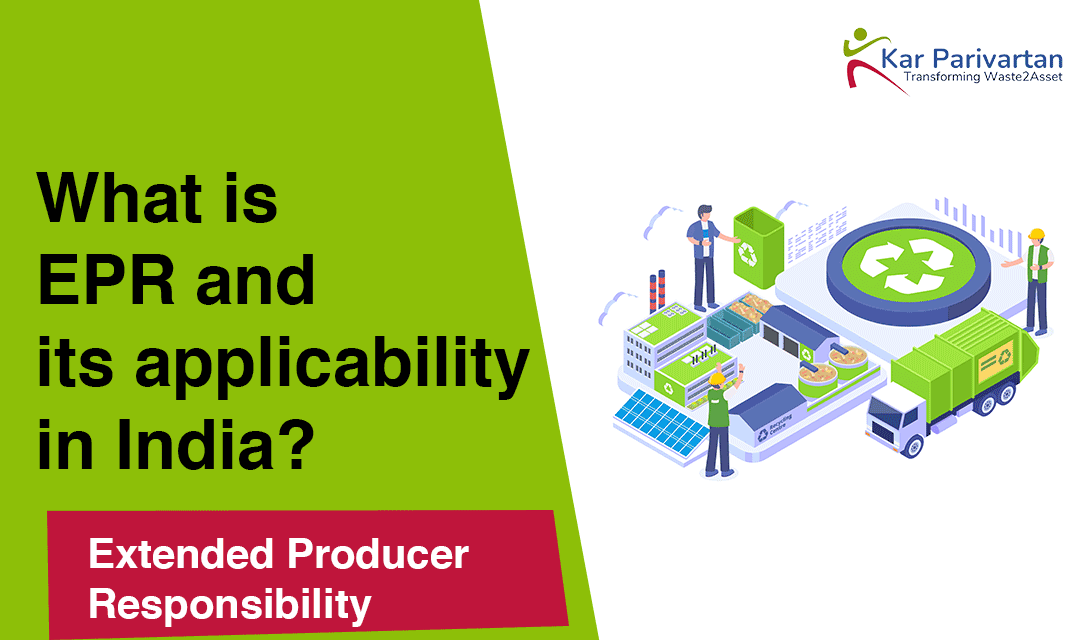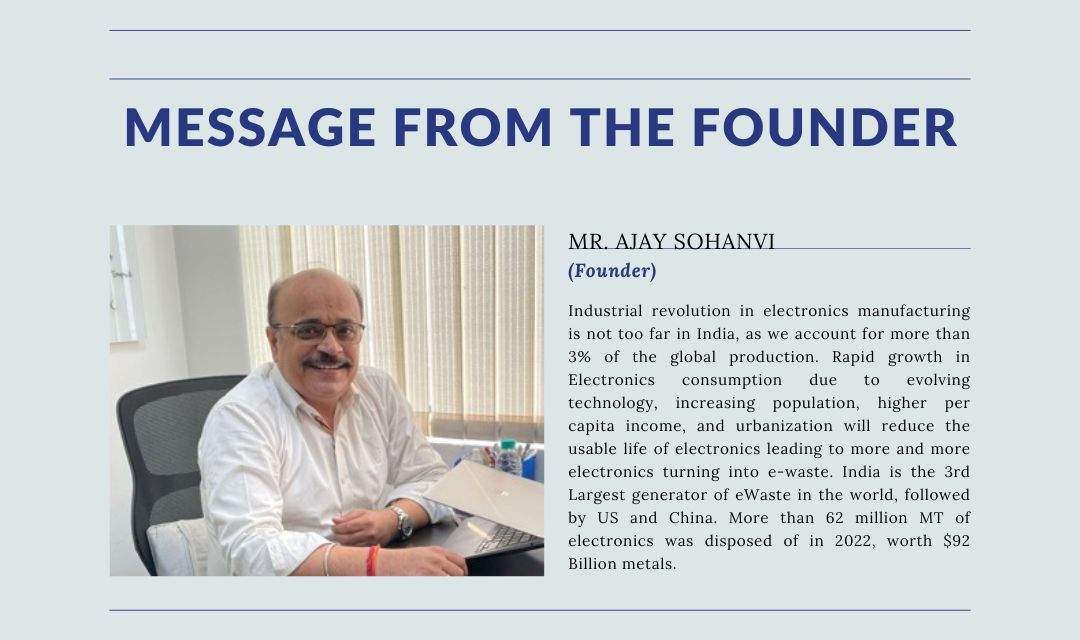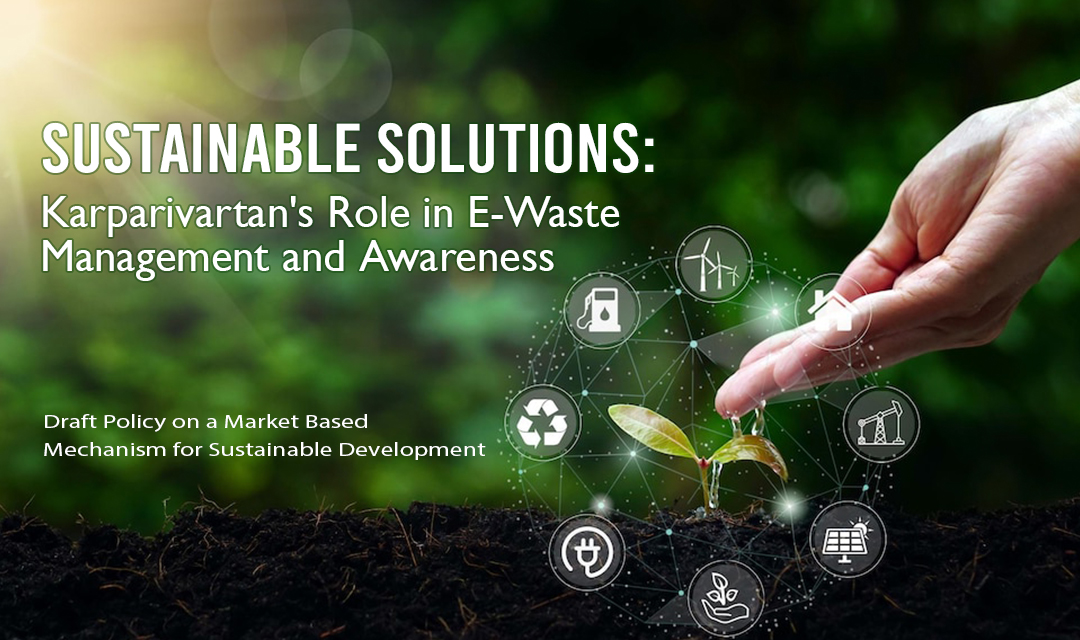EPR stands for Extended Producer Responsibility. It is a policy approach that places the responsibility for managing the environmental impact of a product throughout its lifecycle on the manufacturers, importers, or brand owners. The concept of EPR encourages producers to take responsibility for the proper disposal, recycling, or treatment of their products at the end of their useful life.
In India, the EPR concept was introduced under the E-Waste (Management) Rules, 2016, and has been extended to other sectors as well. Here’s how EPR is applicable in India:
- E-Waste: The E-Waste (Management) Rules, 2016, make it mandatory for producers or manufacturers of electronic and electrical equipment (EEE) to implement EPR. Producers are required to collect a certain percentage of the eWaste generated from their products and ensure its environmentally sound management through authorized collection centers, recyclers, or take-back systems. They are also responsible for raising public awareness about eWaste and setting up eWaste collection mechanisms.
- Plastic Waste: The Plastic Waste Management Rules, 2016, and subsequent amendments introduced EPR for plastic waste in India. Plastic waste generators, including brand owners, manufacturers, and importers of certain plastic products, are required to take measures for the collection and channelization of the plastic waste generated from their products for recycling or safe disposal. They may also establish a system for collecting back the plastic waste or collaborate with authorized waste collection agencies.
- Batteries: The Battery Waste Management Rules, 2020, incorporate EPR principles for battery waste management. Producers, including battery manufacturers, importers, and dealers, are responsible for collecting and recycling a certain percentage of used batteries. They are required to set up collection systems, facilitate take-back mechanisms, and ensure proper disposal or recycling of used batteries.
- Packaging Waste: The Plastic Waste Management Rules, 2016, also include provisions for EPR in packaging waste. Producers, brand owners, and importers of packaged products are required to adopt measures for collection and channelization of packaging waste. They may establish a system for collecting back packaging waste or collaborate with authorized waste collection agencies.
The applicability of EPR in India varies depending on the specific waste streams and the rules and regulations governing them. The concept aims to shift the responsibility of waste management from local authorities to producers, encouraging them to adopt environmentally friendly product design, materials, and end-of-life management practices.
Implementing EPR helps promote recycling, reduce the burden on landfills, and encourages sustainable consumption and production patterns. It also creates opportunities for the development of a formal recycling sector, job creation, and the efficient use of resources.
It’s important to note that the specific details and implementation guidelines of EPR for different waste streams are defined in the respective waste management rules and may be subject to revisions and updates as per government policies and regulatory changes.




